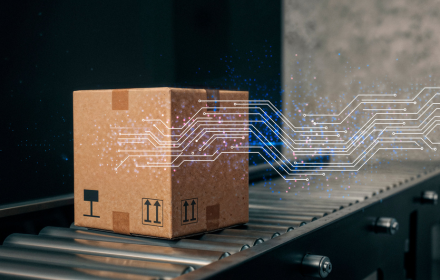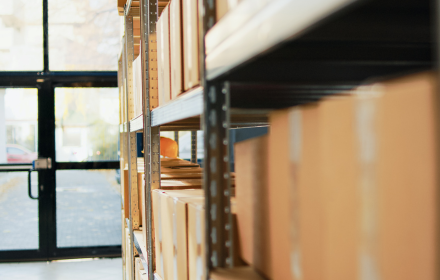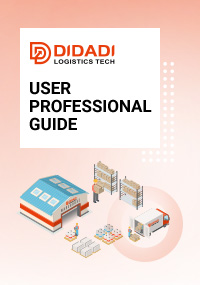What Is 3PL(Third-Party Logistics) and How Can It Help Your E-commerce Business?
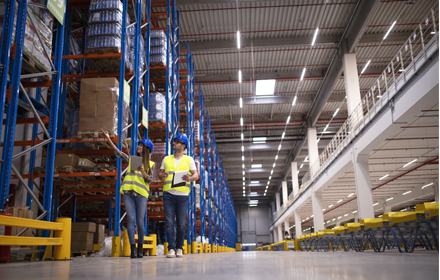
If you run an e-commerce business, you know how complex and challenging it can be to manage your logistics and supply chain functions. You have to deal with sourcing, storing, packing, shipping, and delivering your products to your customers, all while keeping your costs low and your service quality high. That’s where third-party logistics (3PL) comes in.
Third-party logistics is the practice of outsourcing some or all of your logistics and supply chain functions to an external service provider.
A 3PL company can handle everything from warehousing, transportation, inventory management, order fulfillment, and more, allowing you to focus on your core competencies and grow your business.
Third-party logistics (3PL) refers to the outsourcing of various supply chain and logistics functions to a specialized external service provider. In a 3PL arrangement, a company (the shipper or client) contracts with a third-party logistics provider to handle one or more aspects of its logistics operations:
Warehousing
A 3PL expertly manages your product storage either within their own secure facilities or across their extensive network of partner warehouses, both nationally and globally. This approach allows you to streamline your overhead expenses, optimize your inventory levels, and ensure the safe storage of your products.
Transportation
A 3PL can arrange and manage the transportation of your products from your suppliers to your warehouses and from your warehouses to your customers. They can leverage their relationships with multiple carriers to negotiate discounted shipping rates, track and monitor your shipments, and handle any issues or delays that may arise.
Inventory management
Utilizing cutting-edge software and technology, a 3PL diligently monitors your inventory’s levels, locations, and movements. They can assist with vital functions like forecasting, replenishment, quality control, and managing product returns.
Order fulfillment
A 3PL can pick, pack, and ship your orders to your customers according to your specifications. They can also handle any special requests such as kitting, assembly, labeling, or gift wrapping. They can also integrate with your e-commerce platform or marketplace to receive and process your orders automatically.
Customer service
Your 3PL partner extends its support to customer service aspects of your operations, addressing inquiries, resolving issues, providing comprehensive tracking information, and efficiently managing refunds or exchanges on your behalf. They play a vital role in ensuring a positive customer experience.
The third-party logistics process varies depending on the type and scope of services that you outsource to a 3PL provider. However, a typical 3PL process may look something like this:
Share product information and stock data with the 3PL provider.
An account manager is assigned to handle your account.
They identify the best storage and shipping options for your products.
Inventory information is updated in their system and synced with your online store.
The 3PL provider receives and stores your products.
They manage orders from your online store.
Orders are packed and shipped to customers using suitable carriers.
They provide order tracking and customer support.
Regular performance reports are sent to you.
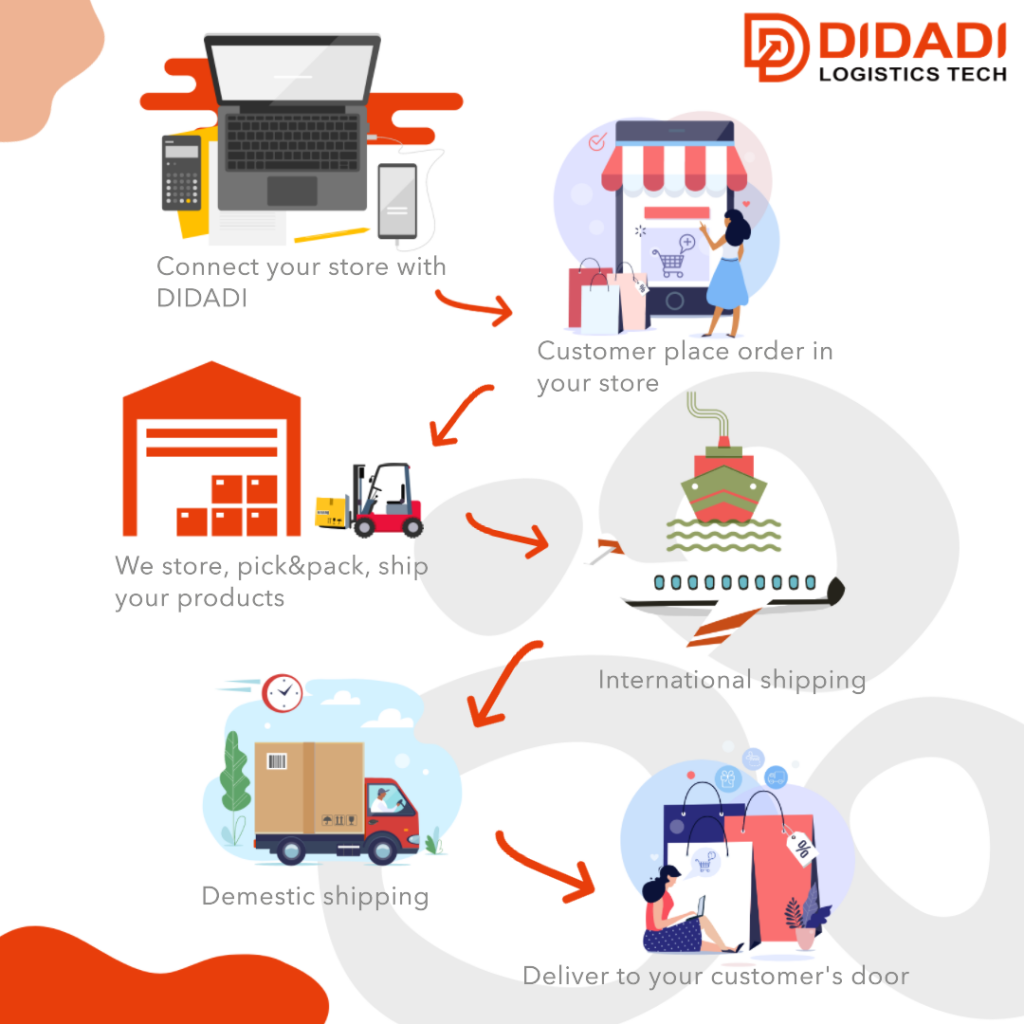
Drop shipping is another popular option for e-commerce businesses that want to outsource their logistics functions. Drop shipping is when you sell products that you don’t own or stock yourself.
Instead, you partner with a drop shipping supplier who fulfills the orders on your behalf. You don’t have to worry about warehousing, transportation, inventory management, or order fulfillment. You just have to market and sell the products on your e-commerce platform or marketplace.
However, drop shipping has some disadvantages compared to 3PL services, such as:
Less control: Drop shipping limits your control over product quality, availability, and delivery. You rely on the supplier’s policies, procedures, and performance, which can lead to potential issues like delays or disputes;
Less profit: Drop shipping means thinner profit margins due to fees paid to the supplier for order fulfillment. You also face competition from sellers offering the same products at lower prices;
Less differentiation: Drop shipping makes it challenging to stand out from competitors offering identical products. Building a unique brand identity and customer loyalty is difficult, and customization options for products, packaging, and shipping are limited.
Third-party logistics and order fulfillment are often used interchangeably, but they are not exactly the same thing. Order fulfillment is a subset of third-party logistics, which is a broader term that encompasses all the logistics and supply chain functions that a 3PL provider can offer. Order fulfillment is the specific process of picking, packing, and shipping orders to customers.
A 3PL provider can offer order fulfillment as one of their services, but they can also offer other services such as warehousing, transportation, inventory management, and customer service.
When selecting a 3PL provider for your ecommerce business, prioritize valuable services that aid growth and customer satisfaction. Key services to seek include:
Flexible warehousing: Look for adaptable storage solutions that match your needs and adapt to demand fluctuations. Access multiple warehouse locations and pay only for the space and services used.
Reliable transportation: Seek fast and secure shipping options at discounted rates, with the ability to choose carriers and monitor shipments in real-time.
Efficient order fulfillment: Opt for accurate and prompt order processing. Customize fulfillment specifications, integrate with your e-commerce platform, and receive real-time order updates.
Responsive customer service: Ensure access to professional support via various communication channels for inquiries, issue resolution, feedback, and complaints.
Working with a 3PL can offer many benefits for your e-commerce business, such as:
Cost savings
By outsourcing your logistics functions to a 3PL, you can save money on warehousing space, equipment, labor, transportation, insurance, taxes, and other overhead expenses. You can also benefit from the economies of scale and the bargaining power of a 3PL when it comes to shipping rates and other fees.
Efficiency
By letting a 3PL handle your logistics operations, you can improve your efficiency and productivity. You can eliminate the hassle of managing multiple vendors and partners, reduce the risk of human error or miscommunication, and streamline your workflows and processes. You can also access real-time data and reports on your inventory and orders through the 3PL’s software system.
Scalability
Flexibility
By working with a 3PL, you can have more flexibility and control over your logistics functions. You can choose which services you want to outsource and which ones you want to keep in-house. You can also customize your service level agreements (SLAs) with the 3PL to suit your specific requirements and expectations.
Quality
Research: Look for a company with proven processes, the right resources, and the ability to integrate with your systems. Check their history and get recommendations from trusted sources so you can fully understand your prospective partner and their track record.
Expertise: Choose a 3PL provider that has experience in your industry and can handle your specific needs. Some 3PLs are good at ecommerce business, some are really good at retail or B2B, so make sure that your 3PL’s strengths match your needs.
Technology: Ensure that the 3PL has enterprise-level technology to keep up with your business’s demands, needs, and changes. They should also have a knowledgeable IT team to help troubleshoot any issues.
Scalability: Look for a 3PL provider that can quickly scale up or down logistics operations to meet changing demand. They should be able to handle surge volumes during your busiest peak seasons.
Customization: Ensure that your chosen 3PL partner knows exactly what you expect when it comes to customization, whether it’s multi-channel capacity or customer experience.
Reputation: Choose a 3PL company that has a stellar reputation in your niche and at least a couple of years of experience. Thorough research is key here.
Stability: When you partner with a 3PL, you entrust them with your brand, so it is important to find a company that is stable and reliable.
Customer Service: Look for a 3PL provider that offers good customer service and communication. They should take time to understand your supply chain priorities and establish a partnership with you.
Range of Offerings: The more help you obtain from a single provider, the more seamless and scalable your supply chain will be. With a range of capabilities, a 3PL can customize a solution to meet your needs.
Security: Ensure that the 3PL provider has robust security measures in place to protect your products and data.
DIDADI Logistics collaborates with 7000+ global brands to manage multi-channel order fulfillment. To determine if DIDADI Logistics is the right 3PL partner for your business, simply request a quote through our website. Once you’ve submitted the form, one of our representatives will reach out to assess the compatibility of our services with your needs.
Afterward, you can integrate your sales channels, configure shipping preferences, transfer your inventory to us, and complete the setup for your store(s). Once everything is in place, DIDADI Logistics can begin processing your orders. When an order is placed, we take care of picking, packing, and shipping it, all without requiring any effort on your part.
We provide tracking information to your customers, and you maintain full control and visibility over your orders. You can monitor their status in real-time as they progress through the fulfillment process.
Recommended Reading

